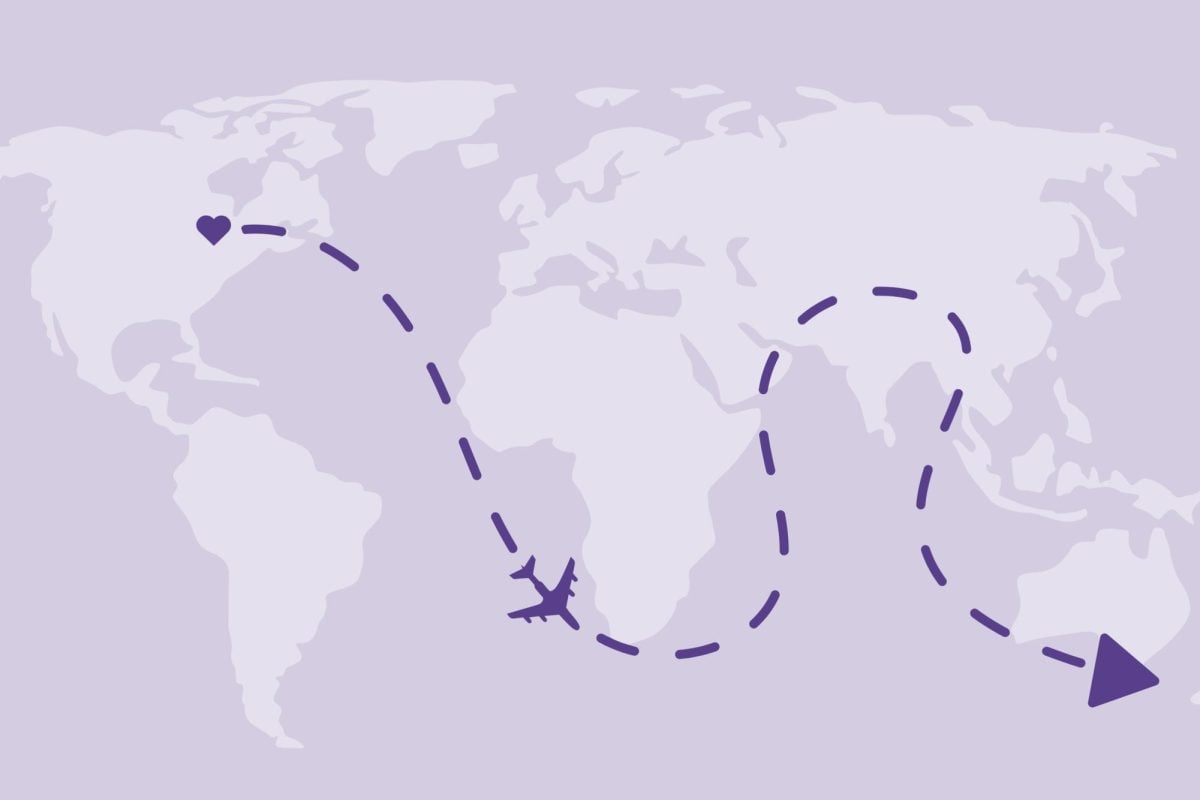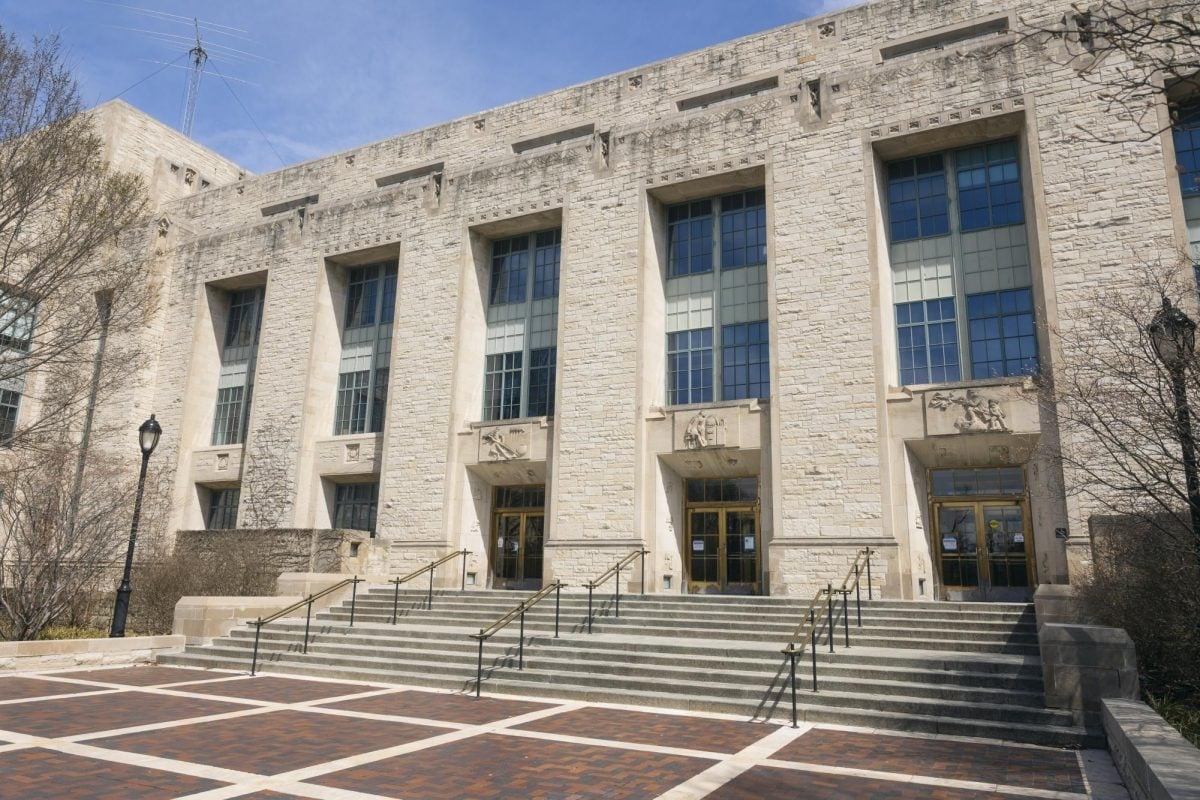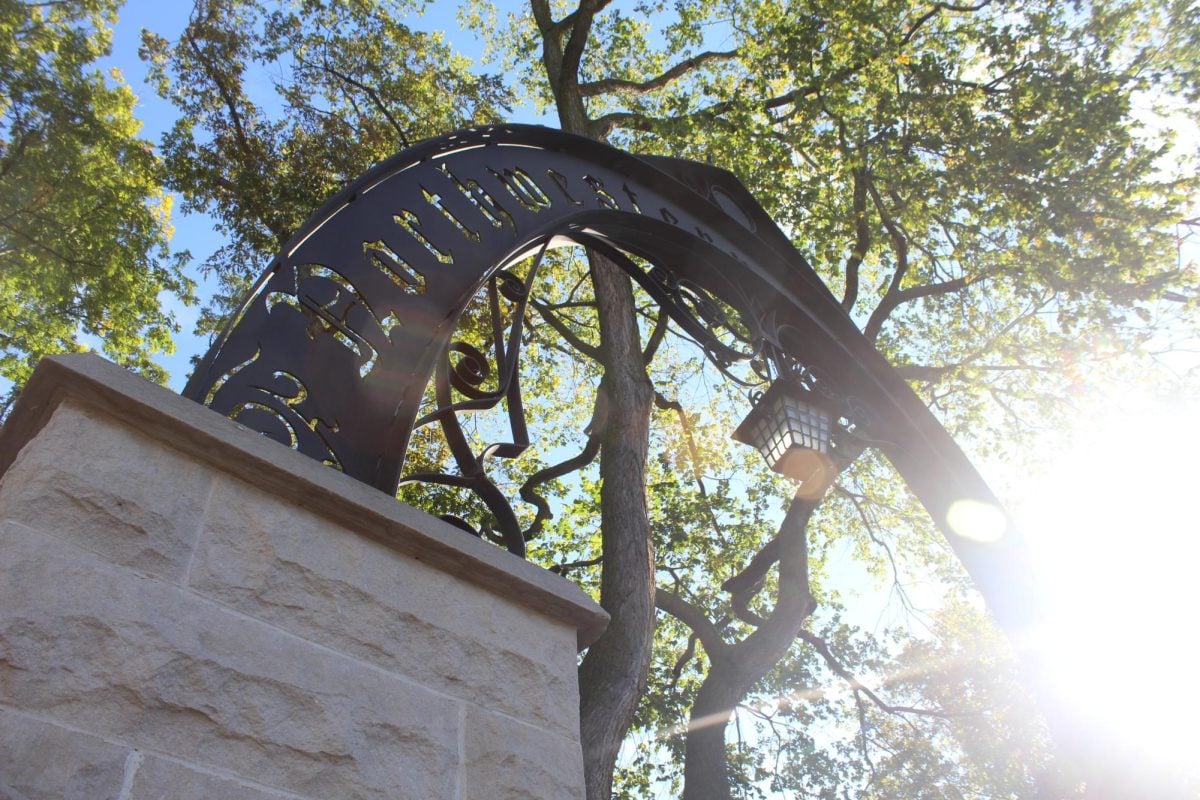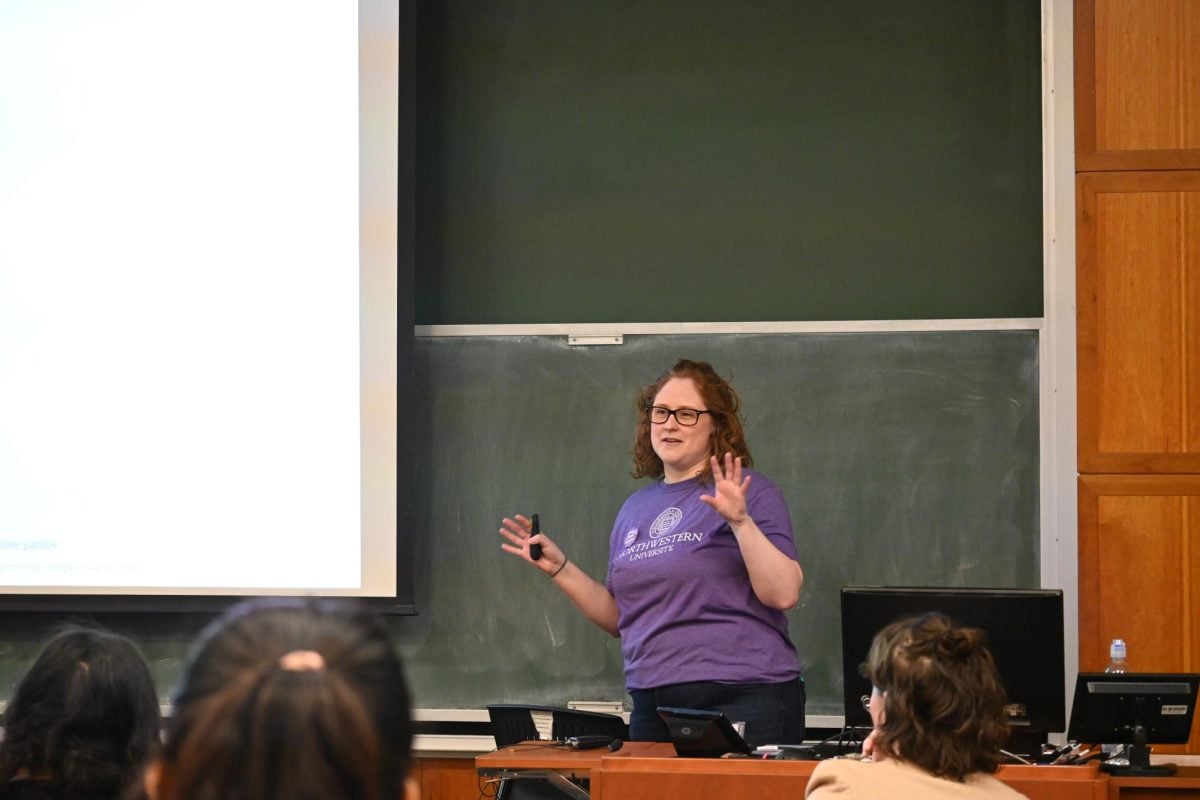The richest 1 percent of Americans, who have drawn the ire of Occupy Wall Street protesters, contribute more time and money to charitable causes than the other 99 percent, according to a new study from Northwestern’s Institute for Policy Research.
SESP Prof. Fay Lomax Cook, the director of the Institute, authored the study with political science Prof. Benjamin Page and Rachel Moskowitz, a graduate assistant with the Institute. The study surveyed 104 households with a median wealth of $7.5 million.
“Our goal is to replace the rhetoric with facts,” Cook said in a press release.
The behavior of the “1 percent” – defined by the Internal Revenue Service as households with annual incomes above $343,927 – was first cast into the public eye when the Occupy Wall Street protests began on Sept. 17 in New York City and quickly spread to other cities across the country. When House Majority Leader Eric Cantor came to campus in October, about 75 people attended an Occupy NU protest, but the group has not since staged an event of similar size.
Weinberg freshman Tom Cui, who has been involved with Occupy NU, said he welcomes news that wealthy Americans give back but cautioned against reading too much into the study.
“With the 1 percent, that means they’re rich, and the rich have the time,” Cui said. “They don’t have to work every single day to make ends meet.”
The study cited The Giving Pledge as one example of the 1 percent giving back. The pledge, made public by Bill Gates and Warren Buffett in 2010, asks the wealthiest Americans to commit at least half of their wealth to charitable causes. To date, 69 American households have taken the pledge, including George Lucas and Mark Zuckerberg.
The study also found that the 1 percent was more likely to be politically engaged than the average American. 53 percent of those surveyed said they had made contact with a political official. More than twice as many identified as Republicans than Democrats, and they tended to identify with traditional conservative principles such as free-market economics and concerns about budget deficits.
Many in the Occupy movement decry the power of money in politics. A website for the movement indicates opposition to the “corrosive power of major banks and multinational corporations over the democratic process.”
Cui said despite the study, he expects Occupy to make a lasting impact.
“A lot of the protests have faded away, but then it stops being just a weekly march and more getting in touch with people,” he said.







